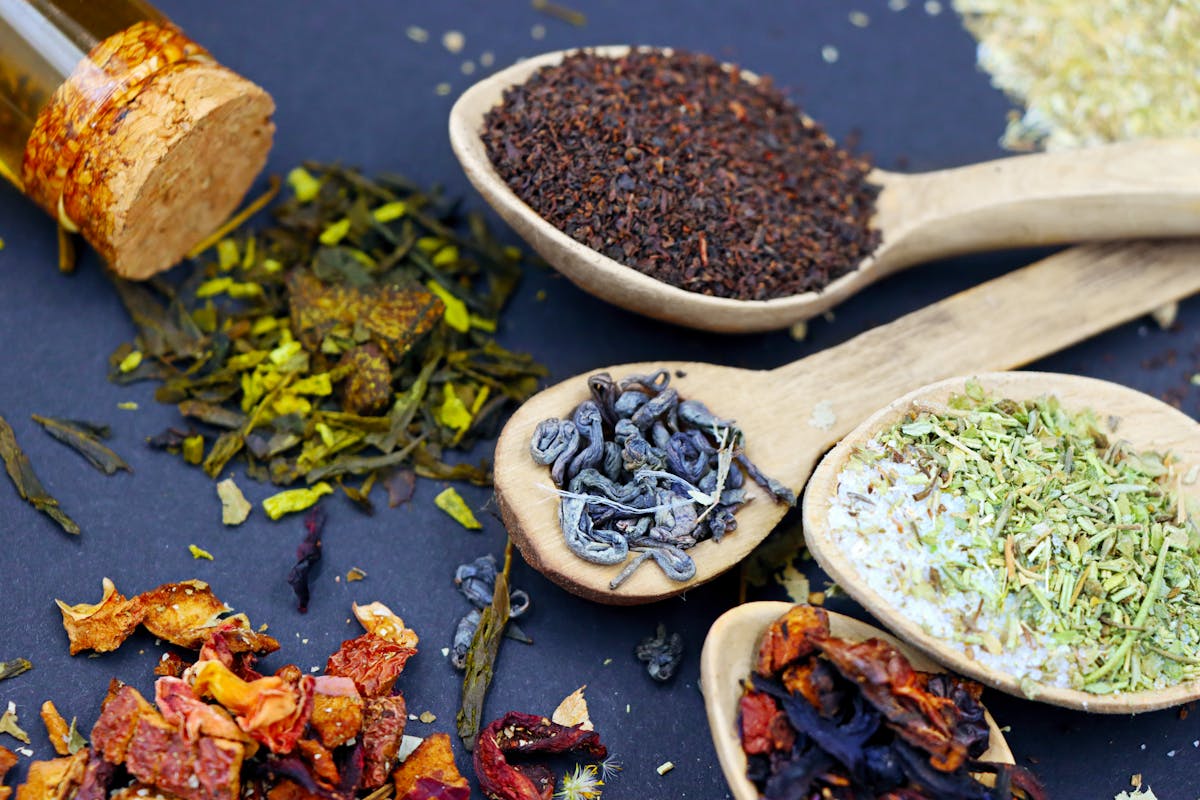Antioxidants are substances that shield the body by counteracting detrimental molecules known as free radicals. These free radicals are implicated in the development of chronic illnesses and the aging process. Consequently, incorporating antioxidant-rich foods into your diet can bolster your general well-being. In the following sections, we will explore various foods abundant in antioxidants, examining their advantages and the scientific principles underpinning their efficacy.
Antioxidant-Rich Fruits
Fruits are excellent sources of antioxidants, with several studies highlighting their protective effects against chronic diseases. Notable fruits include:
Berries: Blueberries, strawberries, raspberries, and blackberries are well-known for their potent antioxidant properties. Blueberries, specifically, are rich in anthocyanins, compounds associated with enhanced cognitive function and a lower risk of cardiovascular disease. Research published in the *Journal of Agricultural and Food Chemistry* indicated that blueberries possess the highest antioxidant capacity among frequently consumed fruits and vegetables.
Citrus Fruits: Oranges, lemons, limes, and grapefruit are packed with vitamin C, a potent antioxidant that boosts immune system performance and promotes healthy skin. Studies show that vitamin C may aid in decreasing inflammation and strengthening the body’s protection against oxidative damage.
Grapes: Rich in resveratrol, especially the red and black varieties, grapes have been shown to lower blood pressure and reduce the risk of heart disease. The resveratrol in grapes has been associated with heart health benefits due to its antioxidant properties.
Vegetables Rich in Antioxidants
Vegetables are another essential component of an antioxidant-rich diet. Key vegetables include:
Leafy Greens: Kale, spinach, and Swiss chard are rich in vitamins A, C, and K and contain several antioxidants, such as beta-carotene and flavonoids. A diet high in leafy greens has been correlated with a lower risk of chronic diseases, including heart disease and cancer.
Broccoli: This cruciferous vegetable is high in sulforaphane, a compound believed to have cancer-fighting properties. Research indicates that sulforaphane can augment detoxifying enzymes, potentially leading to a reduced cancer risk.
Sweet Potatoes: Containing beta-carotene, which the body converts into vitamin A, sweet potatoes help maintain eye health and support the immune system. They are also an excellent source of dietary fiber.
Nuts and Seeds with Antioxidant Benefits
Nuts and seeds are not only versatile snacks but also packed with beneficial antioxidants.
Walnuts: Rich in polyphenols, walnuts have been studied for their potential to reduce oxidative stress and inflammation. Consuming walnuts regularly may improve cardiovascular health, as indicated by various studies.
Almonds: Rich in vitamin E, a crucial antioxidant that shields cells from oxidative harm, almonds also contribute to healthy skin. Research indicates their ability to decrease LDL cholesterol, thereby diminishing the likelihood of heart disease.
Chia Seeds: Renowned for their omega-3 fatty acid content, chia seeds additionally provide antioxidants that support cardiovascular wellness and help regulate glucose levels in the bloodstream.
Antioxidant-Rich Beverages
Some drinks are recognized for their antioxidant properties, positioning them as beneficial options for regular intake.
Green Tea: Rich in catechins, particularly epigallocatechin gallate (EGCG), green tea is associated with a multitude of health advantages, such as aiding in weight control and lowering the likelihood of cancer. Research indicates that consistent intake may enhance cardiovascular well-being.
Red Wine: With its resveratrol content, red wine, when consumed in moderation, could support cardiovascular well-being. It is crucial to bear in mind the importance of temperance, given the detrimental impacts of overindulgence in alcohol.
Coffee: Remarkably rich in antioxidants, coffee includes chlorogenic acid, a compound that could aid in diminishing inflammation and enhancing cholesterol profiles.
These dietary choices showcase a wide spectrum of selections for incorporating antioxidants into one’s daily meals. A comprehensive strategy highlights the consistent inclusion of a diverse range of these items, thereby establishing a basis for enduring health and vigor. Through recognizing and opting for foods abundant in antioxidants, we can advance towards improved well-being and the avoidance of illness.





